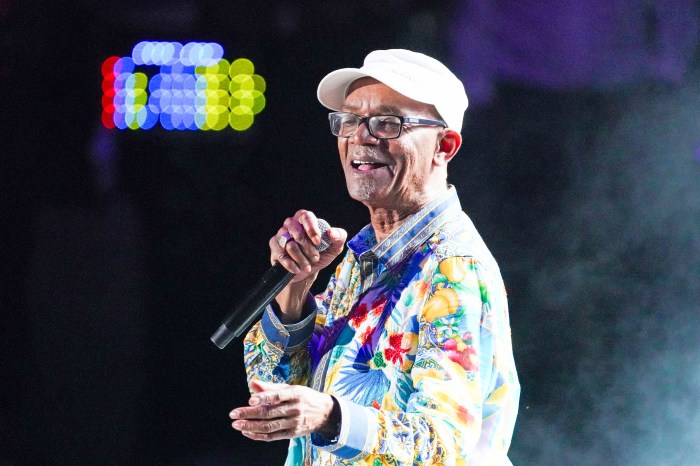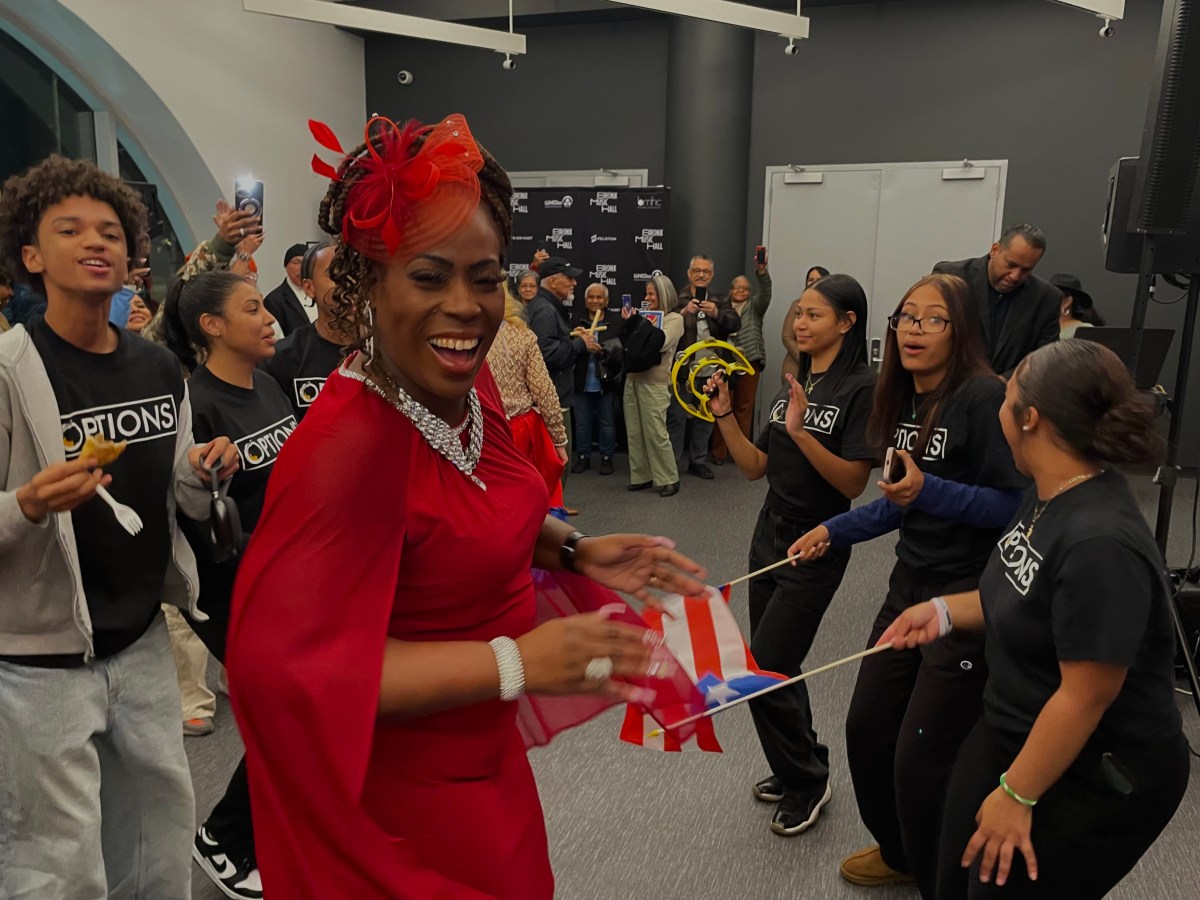For months, new Haitian Prime Minister Garry Conille worked behind the scenes to rebuild his earthquake-ravaged, French-speaking Caribbean country, Now, as the man in charge of leading its next government, he says he wants to inspire hope.
“I want to be the guy who gets people excited about what we actually can achieve,” Conille told reporters two days after the Haitian senate confirmed him on Oct. 4.
“If we can put together that reassurance and put together an exciting project that people can get behind — then start — we can buy time for development,” he added. “My greatest fear is that if we don’t buy time, this country will explode in a few weeks, a few months.”
Observers say Conille, 45, the Haiti trained gynecologist and U.N. development and humanitarian expert, faces a tough challenge in his new role.
They say the months of political gridlock has stalled reconstruction, delayed voting of the budget, slowed public and private investments and birth growing disillusionment among an impoverished masses desperately awaiting change.
Twenty-one months after the devastating Jan. 12, 2010 earthquake, Haiti remains in a humanitarian crisis with 594,811 people still living under tents, while a deadly cholera epidemic has left more than 6,400 dead and 455,700 infected, analysts say.
“Things have to get moving,” said Philippe Armand, former head of the Haitian-American Chamber of Commerce, in welcoming Conille’s confirmation.
The international community has also welcomed the end of the impasse.
“I am pleased to see that the political uncertainty which lasted for several months has been resolved by the Haitian parliament, and work can proceed,’’ Albert Ramdin, assistant secretary general of the Organization of American States, told reporters.
Conille said he wants to reassure both Haitians and the international community about his impoverished country as he works to carry out President Michel Martelly’s promises of free education for all and reconstructing after the quake.
“Right now, there is so much tension, so much skepticism over what we can achieve that people don’t even want to put in any effort,” Conille said.
Conille, a Fulbright Scholar, holds a master’s in health policy from the University of North Carolina at Chapel Hill and has years of development and humanitarian expertise with the United Nations.
Before Tuesday’s vote, he was the global body’s main man in the African nation of Niger where he has served as U.N. Development Program resident representative and humanitarian coordinator for the past three months.
He said all of that changed in late August after he received a call from Martelly.
“Michel Martelly looked me in the eye and told me ‘I need you to come and help me put these kids in school. I need you to come and help me with this whole camp situation. I just don’t know how to do it. I need you,’” Conille said. “How can you look the guy in the eye and say ‘It’s your problem, I’m going back to Niger.’ How do you do that?”
“It really was a fight with my family,” he added. “It was really tense, the hardest part of it was getting them to agree with it.”
And as he prepares for the next battle in forming a government and presenting parliament with his plan for the country, Conille said he’s not interested in bringing “a whole bunch of pre-set solutions to problems,’’ or stacking his government with a bunch of technocrats.
He said he wants honest and competent leaders.
“The reality is there is no secret in how you put children to school,’’ he said. “We know how to do it. There is no secret in how you create jobs, but some of the other countries have been able to get this common project and get everybody to get excited about it. I want to get everybody excited about what Haiti could be.”




















